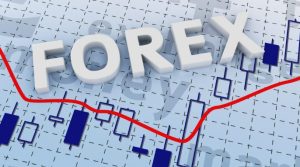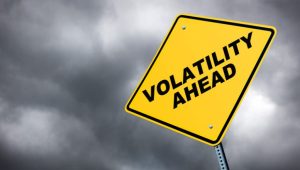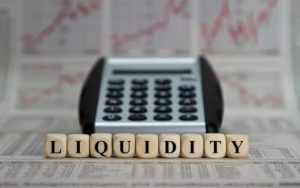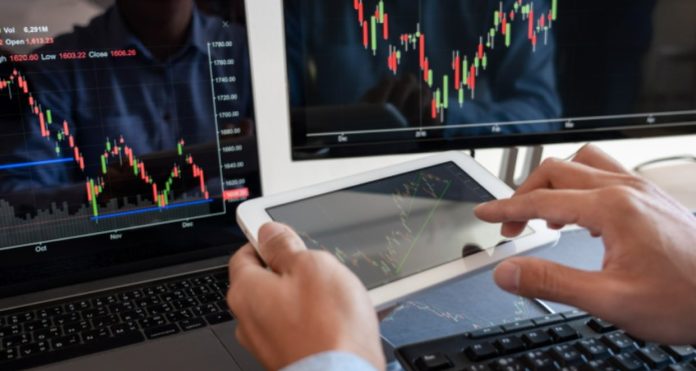Table of Contents
Forex Vs Stocks
There are many tradable financial assets available to traders and investors; forex, stocks, commodities, etc. Choosing the right asset class can be challenging because every asset is unique in terms of the trading environment and the nature of analysis required to succeed. If you’re confused about which asset class to trade, then keep reading to learn about the nature of forex and stock trading in order to make an informed decision.
What Is Forex Trading?
Forex trading involves the exchange of one currency for another. These currencies are paired with one another, and to profit from forex trading, you have to buy one currency and sell the other simultaneously on forex brokers like oanda.com.

Forex traders rely on fluctuations in currency prices and exchange rates and monitor these to determine when to buy or sell. When traders have reasons to believe that the value of a currency would increase, then they buy. When a currency’s value is poised to reduce, that currency can be sold for profit.
What is Stock Trading?
Stock trading refers to the buying and selling of stocks – penny stocks or blue-chip stocks, usually via an exchange or broker. These stocks often belong to prominent corporations, businesses, and multinationals.
Differences Between Forex and Stocks
1. Market Hours

Forex
The forex market never sleeps. The overlap of trading hours in different parts of the world ensures constant price fluctuations and the presence of market participants every time – 24 hours a day for five working days a week. But, some sessions tend to be more liquid and volatile than others. London and New York trading sessions are associated with high liquidity and significant price swings. The forex market opens from 5 p.m. EST on Sunday until 4 p.m. EST on Friday.
Stocks
The stock market opening hours depend on the stock exchange and stockbroker. The NYSE is open from Monday through Friday from 9:30 a.m. to 4:00 p.m. Eastern time. Other exchanges have different trading times, and this means that as a stock trader, there would be certain hours of the day during which you won’t be able to trade stocks.
2. Volatility

Forex
The forex market is highly volatile, with significant price displacements resulting from trade orders or market reactions to the news and economic data released on a daily basis. The most volatile pairs are exotic because they’re more likely to make random price fluctuations and react violently to news releases. This makes them relatively difficult to trade.
Stocks
The stock market is less volatile than the forex market. Stocks are less responsive to the kind of news and economic reports that influence the forex markets. However, news reports relating to a company or the company’s associated industry can increase the volatility of the corresponding stocks, leading to price displacement and possible price gaps.
3. Leverage

Forex
Forex trading brokers usually provide high leverage of up to 1:1000. This means that every $1 a trader deposits has a purchasing power of $1,000. This allows them to control more money than their capital would ordinarily have allowed. Most forex traders prefer leveraged trading because it allows them to compound their capital quickly.
Stocks
Stock trading brokers typically require a high margin and provide low leverage to traders. Hence, you may need more capital to trade stocks compared to forex.
4. Liquidity

Forex
The forex market is highly liquid due to a large number of traders, investors, institutions, and market participants present. This provides an efficient trading environment and makes it easy to buy and sell currencies since there are, of course, many buyers and sellers. High liquidity makes trade execution easy and curbs the random price fluctuation associated with less liquid assets. But, the level of liquidity also depends on the currency pair being traded. Major pairs are usually more liquid than exotic pairs.
Stocks
The stock market is generally less liquid than the forex market. The level of liquidity largely depends on the nature of the stock in question. Stocks and shares of large multinational corporations like Netflix and Apple tend to be more liquid than less traded ones.
5. Trading Strategies

Forex
Forex trading allows traders to trade with multiple strategies and techniques. Most forex traders enter to make short-term profits.
Stocks
Many technical business tools and indicators used in forex apply to stocks. However, most stock traders execute trades for long-term profits and gains.
The financial asset that you decide to trade is entirely up to you. You can try forex and stock trading on demo accounts and evaluate both trading environments to help you make the right decision. No matter the asset you choose, ensure you use the proper risk management and a trading strategy that works.






































